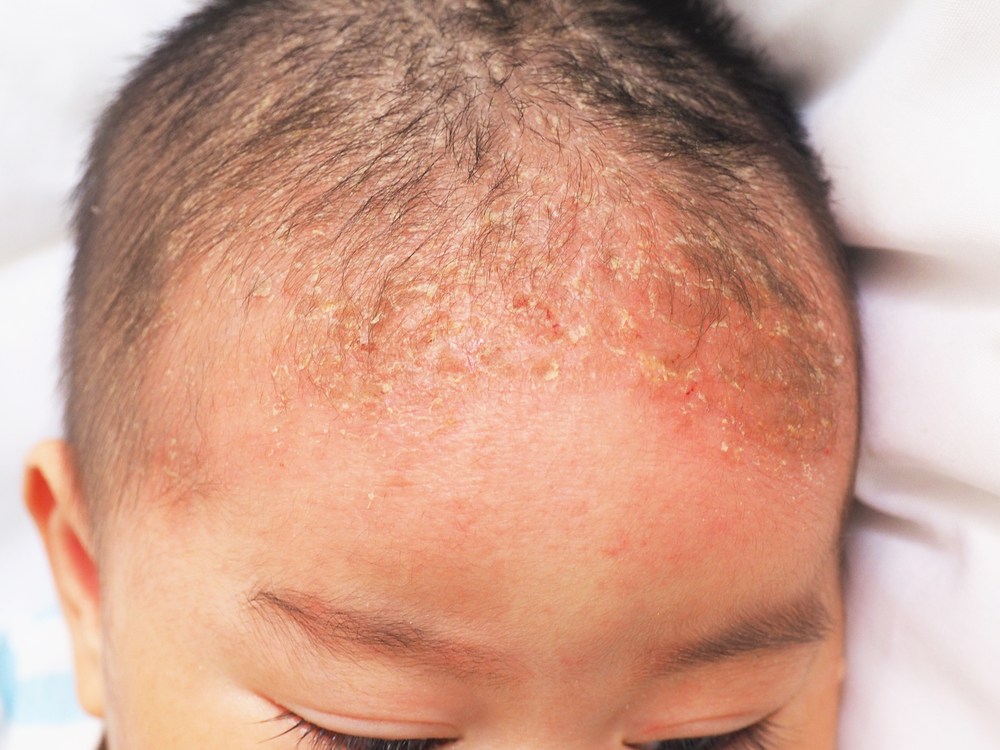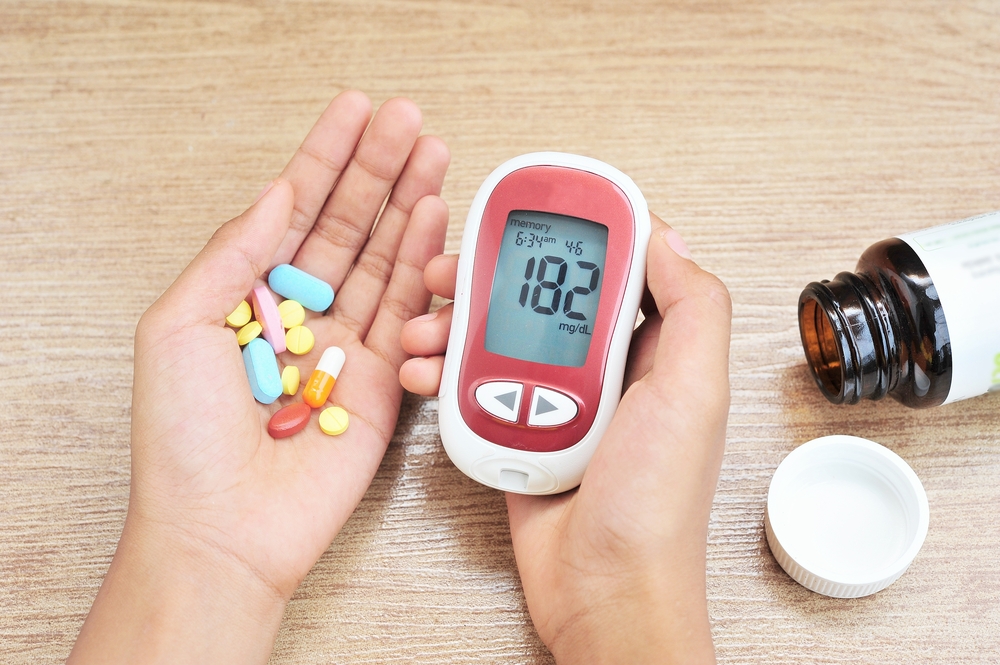Contents:
- Medical Video: 5 Common Signs of Heart Disease
- What happens when a child grows up with heart disease?
- Should a child or family member with heart disease get a flu shot?
- Do you have to worry if your child faints?
- What tests are recommended for annual physical examination?
- What is a heart intensive care unit?
Medical Video: 5 Common Signs of Heart Disease
What happens when a child grows up with heart disease?
There are many adults who have congenital heart disease. This means that the heart problems they have experienced have started since birth. Many adults have undergone surgery or procedures in childhood and feel themselves "recovering". Thanks to advances in medical care and surgery, it is now believed that the number of adults with congenital heart disease is more than the number of children with congenital heart disease. This means that children with heart disease will be able to grow up like other children.
Should a child or family member with heart disease get a flu shot?
Yes! Flu vaccination is very important. Annual flu vaccination can prevent serious complications from influenza infection (flu). Vaccines change every year so annual vaccinations are recommended.
Certain patients should not receive flu vaccinations, for example patients with egg allergies, flu vaccines, or patients with weak immune systems (for example organ transplant recipients).
Do you have to worry if your child faints?
Fainting or syncope is common. Common causes are standing up or changing positions such as from sitting to standing. Ordinary fainting — or vasodepressor or vasovagal syncope — comes from an imbalance of heart rate, blood pressure, and blood flow to the head which causes a moment of loss of consciousness. The general scenario of ordinary fainting is: standing in line, standing too long during the flag ceremony, standing in the shower with shower and after using the toilet.
Serious heart problems rarely cause fainting. Fainting during exercise or strenuous exercise is another story and may be caused by a heart problem, and must be assessed by a cardiologist. To prevent the increase in the amount of fluid in regular fainting episodes, additional salt in food and avoiding caffeine usually helps.
What tests are recommended for annual physical examination?
The American Heart Association (AHA) recommends a patient history, detailed family history, and physical examination for annual sports physical examinations and screening of sports participation. Universal screening or EKG tests or echocardiography is not recommended by the AHA. Universal screening or testing can be a controversial topic. An EKG test or limited echocardiogram screening may not detect all rare problems that cause sudden death in young athletes. In the US, current AHA recommendations are detailed patient history, detailed family history, and physical examination for annual sports physical examinations and screening of sports participation. If a problem arises from this screening, an assessment by a cardiologist may be needed.
What is a heart intensive care unit?
Many children's hospitals have opened intensive care units (ICUs) specialists in the care of babies, children and adults with heart problems. The heart ICU has staff consisting of intensive care doctors, cardiologists, nurse practitioners, respiratory therapists, and nurses with special expertise in neonatal care, children and adults with congenital heart problems. Heart ICU is often different from pediatric ICU (PICU) or neonatal ICU (NICU). Patients in the heart ICU can range from newborns with heart disease who have just been diagnosed to adults with congenital heart disease.












